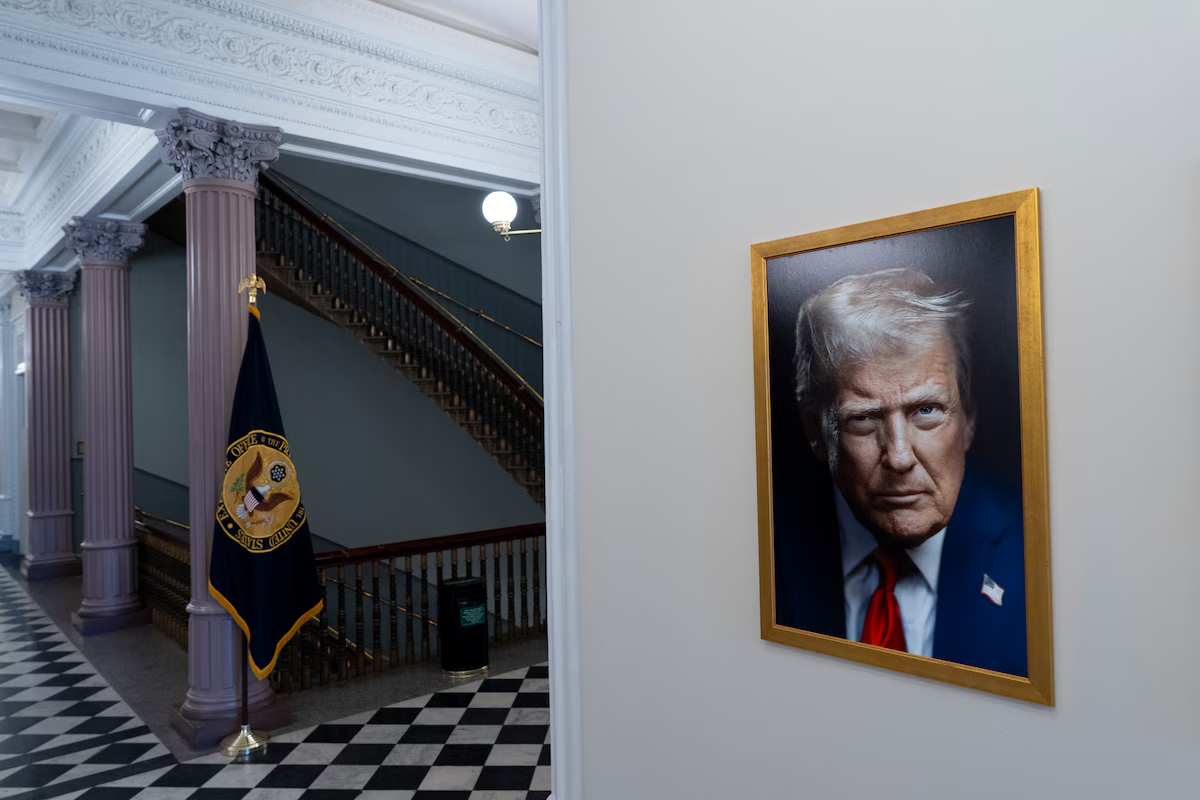In a bold move to combat executive overreach and restore accountability, Senator Adam Schiff is set to introduce the BEACON Act, a groundbreaking piece of legislation that demands an inspector general oversee the Executive Office of the President. This initiative comes at a critical juncture in our democracy, as the actions of former President Donald Trump during his second term have raised alarms about corruption and a blatant disregard for the rule of law.
Schiff"s Call for Accountability
Schiff has long been a thorn in Trump"s side, often targeted by the former president"s vitriolic attacks. However, the urgency of his new proposal transcends personal politics. According to Schiff"s press release, the BEACON Act aims to create an Office of the Inspector General (OIG) within the White House, ensuring that no president or administration operates above the law.
The Case for an Inspector General
For too long, the White House has been excluded from the independent oversight that inspectors general provide to other federal agencies. This lack of accountability has allowed for a culture of impunity, particularly spotlighted by Trump"s dismissal of numerous federal inspectors general at the start of his second term. As reported by The Daily Beast, Schiff"s legislation seeks to rectify this glaring gap in oversight.

Trump’s new presidential portrait revealed by White House - The ...
Implications of Trump"s Actions
The BEACON Act emerges from a context where Trump"s administration has faced staggering legal challenges, including numerous lawsuits alleging unconstitutional actions. The potential conflicts of interest between his businesses and his presidential duties further underscore the necessity for robust oversight. As highlighted by research from Brookings, the unchecked growth of executive power poses a fundamental threat to our constitutional democracy. Schiff"s proposal is not merely a reaction to Trump; it is a proactive measure to safeguard future presidencies.
Challenges Ahead for the BEACON Act
Despite the pressing need for oversight, the BEACON Act faces significant hurdles in Congress. Republican leadership is unlikely to support a bill aimed at increasing accountability for the presidency. This political landscape reveals a troubling reality where party loyalty often supersedes the principles of democracy and justice. Schiff remains undeterred, emphasizing that this initiative is crucial for rooting out corruption and ensuring that future administrations adhere to the law.

Donald Trump 2024 Rally Schedule - Caresa Sisile
A Broader Democratic Imperative
The introduction of the BEACON Act represents more than just a legislative effort; it signals a broader Democratic imperative to reclaim the integrity of our governance. The American people, as indicated by various surveys, are increasingly disillusioned with the idea that presidential power equates to accountability. The BEACON Act not only seeks to change the status quo but also aims to restore public confidence in the executive branch.
As Schiff pointed out, "Inspectors General hold agencies accountable by rooting out criminality, fraud and abuse, but the White House doesn’t have one…yet." The BEACON Act is a step towards rectifying this imbalance, ensuring that leaders are held to the same standards as the citizens they serve. The stakes are high, and the urgency is palpable as we navigate this pivotal moment in our political landscape.



![[Video] Gunfire between Iraqi security forces and Sadr militias in Baghdad](/_next/image?url=%2Fapi%2Fimage%2Fthumbnails%2Fthumbnail-1768343508874-4redb-thumbnail.jpg&w=3840&q=75)
